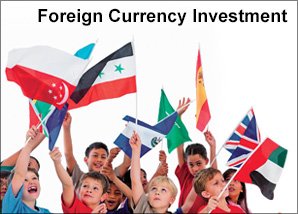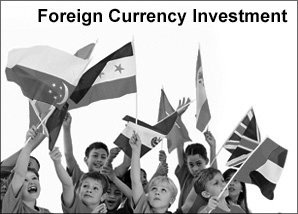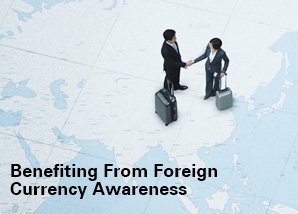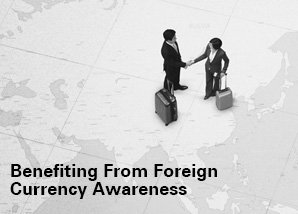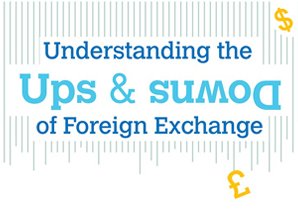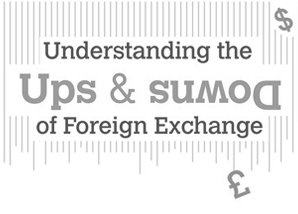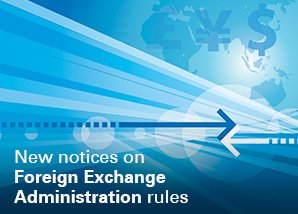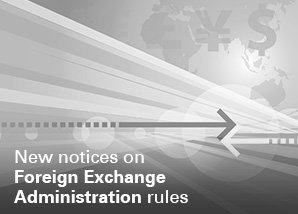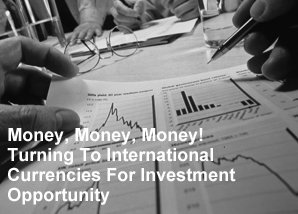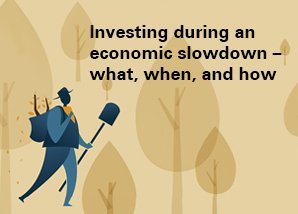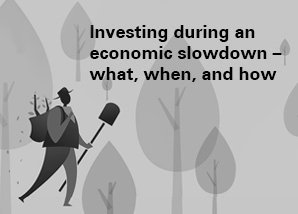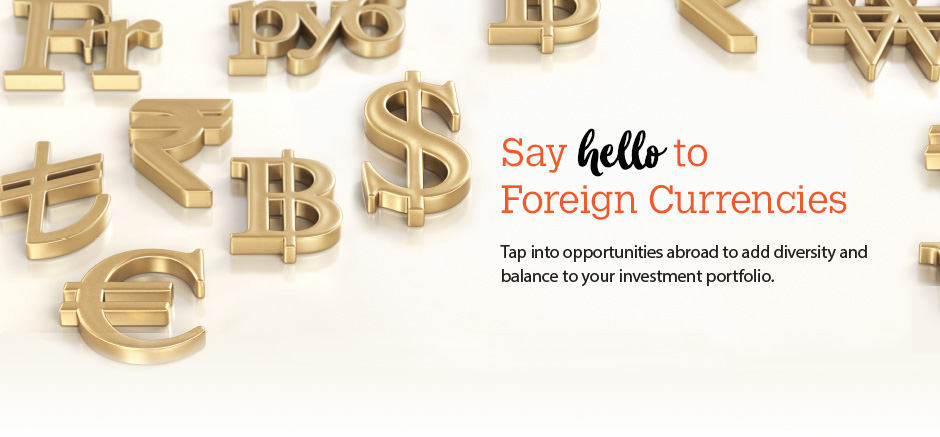
|
While portfolio diversification may not be a new concept in investing, it is an investment strategy that has gained more prominence in recent times. The idea behind the strategy is to spread the risk of your investments amongst a number of different types of assets.1 Traditionally, investors use a combination of equities and bonds in their portfolio for diversification purposes to hedge against a potential economic downturn with bonds continuing to pay interest if equities depreciate because of an economic slowdown.1 However, this strategy of diversification in equities and bonds alone may not be enough to protect your investments if economic conditions become worse and inflation begins to erode the value of the currency.1 If this happens, the interest on bonds will not sufficiently compensate for the capital loss on your equity investments.1 Taking on a broader portfolio diversification strategy by adding a foreign currency component to your portfolio by investing in foreign currency denominated assets may be something to consider in the current global financial environment.1 Depending on your investment objectives, the inclusion of different currencies to your portfolio can add diversification and balance.1 There are a variety of options to invest in foreign currency. The possible avenues to expose your investment portfolio directly to foreign currencies include: |
|
Foreign Currency AccountsIf you have foreign currency needs for investments abroad, your children’s future education or retirement plans overseas, foreign currency savings and time deposit accounts like those available through HSBC allow you to save in up to 12 foreign currencies for current and future use, as well as hedge against foreign currency fluctuations. You can also transact via HSBC’s internet and mobile banking with real-time FX rates anytime, anywhere.
Foreign Currency BondThese are funds that invest in foreign government or corporate bonds.2 Foreign bonds are typically denominated in the currency of the country of sale.2 If the value of the foreign currency rises relative to the investor’s local currency, the earned interest will increase when it is converted.2 The main benefits of investing in foreign currency bonds include portfolio diversification, higher returns and currency benefits.3 According to HSBC Global Asset Management, credit markets should find continued support from the current macroeconomic environment with synchronised global growth across developed and emerging markets as well as a benign long-term inflation outlook, which bodes well for bonds.4 |
Foreign Currency Structured ProductA Foreign Currency Structured Product like HSBC’s Dual Currency Investment is an investment product with a forex option and is a useful option for investors who want to target-buy a currency. You can take advantage of the exchange rate movements with HSBC’s Dual Currency Investment to gain potentially higher returns compared to ordinary fixed deposit.11 In addition, you could earn potentially higher returns when your investment amount is paid out together with your investment returns at maturity, which may either be in the base or linked currency depending on the exchange rate movements in respect to the currency pair.11 Dual Currency Investment is typically suited for investors who do not mind holding foreign currencies.10
Mutual Funds with Multi Currency Share ClassThese funds invest in stocks and bonds as the underlying that are priced in a currency different than the fund’s base currency. By allocating a portion of your portfolio to investments in mutual funds with exposure to foreign equities and fixed income, you can capture investment opportunities that can potentially enhance your investment returns and diversify your portfolio risk.7 |
Investment Opportunities via Unit Trust
HSBC Global Asset Management sees upsides in Europe.8 With the European economy beginning to accelerate, and with changes in taxation and interest rates, HSBC Global Asset Management expects European corporate margins to improve and drive European equity valuations higher.8
Amidst years of historically low government bond yields and negative interest rates in Europe and Japan, HSBC Global Asset Management also suggests that investors looking for higher yield in foreign currency bonds could consider crossover bonds – corporate credit that sits in the intersection of high yield and investment grade bonds – which can offer attractive risk-adjusted return potential and a low correlation to price movement in government bonds.5
HSBC offers unit trust funds with various investment strategy on European equities and global fixed income. Please contact your Relationship Manager to find out more.

Likely potential to gainThe currency market, unlike the equity market, generally does not suffer a “crash” like the Great Depression or the Global Financial Crisis. Trading in currency market is done in pairs, where if one currency depreciates, the other paired currency will appreciate – so any loss is offset by a gain of the counter-party.
Low correlationIn addition to having low correlation with other asset classes, currencies also have low correlation with each other. For example, as the Euro moves up against the Yen, another currency may move down or vice versa. The benefit being that investing in more than one currency can have a positive risk-adjusted return over any single currency.
LiquidityThe currency market is the most liquid in the world and the only market that operates every single day of the year at any time of day. |
Political RiskThe market may factor political risk into currencies. Political changes or instability in a country can affect investment returns and the pricing of the country’s currency in the market.
Monetary Policy RiskThis is the risk that a central bank may loosen or tighten the strings on its currency by stimulating the economy (lowering interest rates and weakening the currency) or try to reduce inflation by slowing the economy (raising interest rates and strengthening the currency).
Foreign Exchange RiskThe risk of an investment’s value changing due to changes in currency exchange rates.
Fiscal Policy RiskThe government of a given country may decide to borrow money to stimulate the economy, or may decide to use tax-payers’ money to pay down the debt. In either case the effect on the currency can make it rise or drop depending on what the counterparty country’s policies are in comparison. |
|
Sources: MutualFunds.com, Beginner’s Guide to Currency Mutual Funds, November 18, 2014. |
|

Your Investment Guide to Asset AllocationWith the addition of two new asset classes – Global Fixed Income and Property/Real Estate Investment Trust – in HSBC’s Portfolio Allocation Service across the different risk profiles, you can now have broader access to various asset classes and diversify your investment portfolio further. |
|
| Global Fixed Income
Fixed income investments are useful to diversify your portfolio as they pose less risk than equities and derivative investments12. However, in an environment where government bonds and high-grade corporate bonds may struggle to achieve positive returns, HSBC Asset Management suggests that lower rated corporate bonds in the BBB-BB crossover space may offer attractive risk-adjusted return potential and a low correlation to price movements in government bonds.5 From an asset allocation perspective within an investor’s fixed income portfolio, corporate crossover bonds offer additional yield compensation while maintaining a quality bias within the portfolio.5 In addition, crossover bonds also add value to a portfolio as a fixed income diversifier.5 |
Global Property Funds
Global Property Funds typically invest in a combination of listed property equities such as Real Estate Investment Trusts and property company shares as well as direct property funds.9 It allows investors to participate in the potential growth of global property funds offering global diversification across both direct and indirect property markets.9 To help investors stay informed about the foreign currency markets, HSBC sends out FX Insights to our investors providing monthly updates and market outlook to help you make informed investment decisions. To find out more about foreign currency as an asset class and how it can complement your current investment portfolio, speak to your Relationship Manager or walk into any HSBC branch today. |






